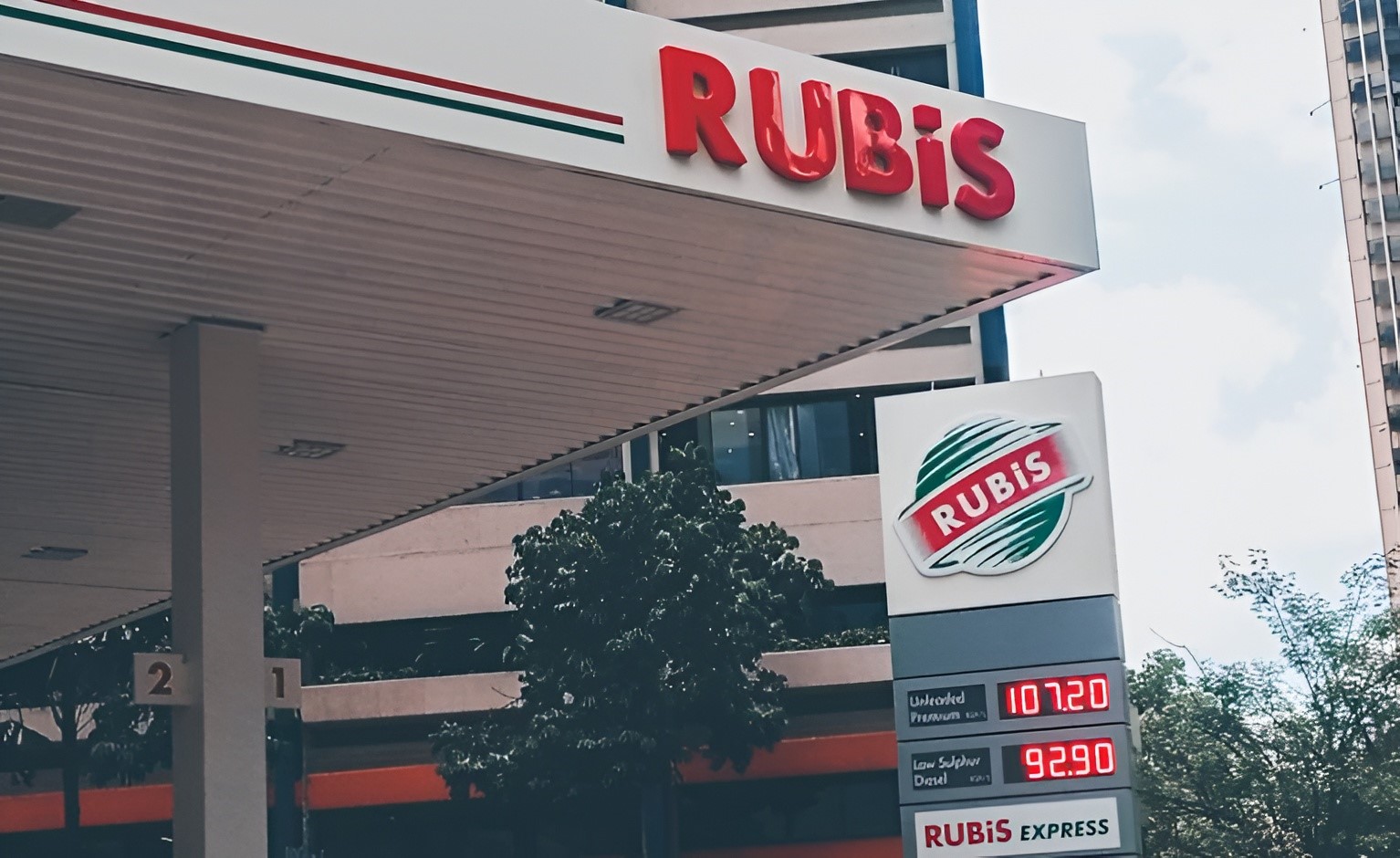French oil company Rubis has posted a two percent increase in its Kenyan revenues in the first half of 2025, reaching Sh68.91 billion, driven by rising local fuel demand.
The company, however, recorded a decline in euro terms, with earnings at €455 million (Sh68.9 billion) compared to €488 million (Sh73.5 billion) during the same period last year, highlighting the effects of exchange rate fluctuations.
Fuel consumption in Kenya surged to a record 1.93 million tonnes in the first six months of 2025, up 9.4 percent from 1.76 million tonnes during the same period last year.
Rubis cited improved operating conditions in Kenya as a key factor behind the strong performance, pointing to increased fuel consumption, stable foreign exchange, and higher margins for oil marketers.
“This strong achievement is explained by Kenya where a first step in the adjustment of the pricing formula took place mid-March 2025. This led to an increase of unit margins by three percent over the first half,” Rubis Énergie stated in its financial report.
The company did not disclose volumes of petrol, diesel, or kerosene sold, which are expected to be reported when the Energy and Petroleum Regulatory Authority (Epra) releases its six-month sector report.
Epra had earlier increased oil marketers’ margins, raising petrol margins to Sh15.24 from Sh12.39 per litre, diesel to Sh15.16 from Sh12.36, and kerosene to Sh15.09 from Sh12.36.
Rubis credited the margin boost for helping offset rising operational costs, contributing to the improved business environment in Kenya.
The firm also noted that it avoided foreign exchange losses in the first half of this year, a sharp contrast to the €14 million (Sh1.93 billion) forex hit it suffered in the same period last year.
“Lastly, in Africa, operating conditions improved both in Nigeria and Kenya and local currencies were overall stable,” the company added.
Rubis remains the second largest oil marketer in Kenya, controlling a 14.89 percent market share, behind Vivo Energy at 18.95 percent.
TotalEnergies Marketing Kenya ranks third with 14.69 percent, according to the Petroleum Institute of East Africa.
The improved market conditions and higher margins are likely to benefit other oil marketers as well. TotalEnergies Kenya reported a net profit of Sh1.1 billion in the first half of 2025, up from Sh938.5 million a year earlier. Vivo Energy has yet to release its half-year results.

